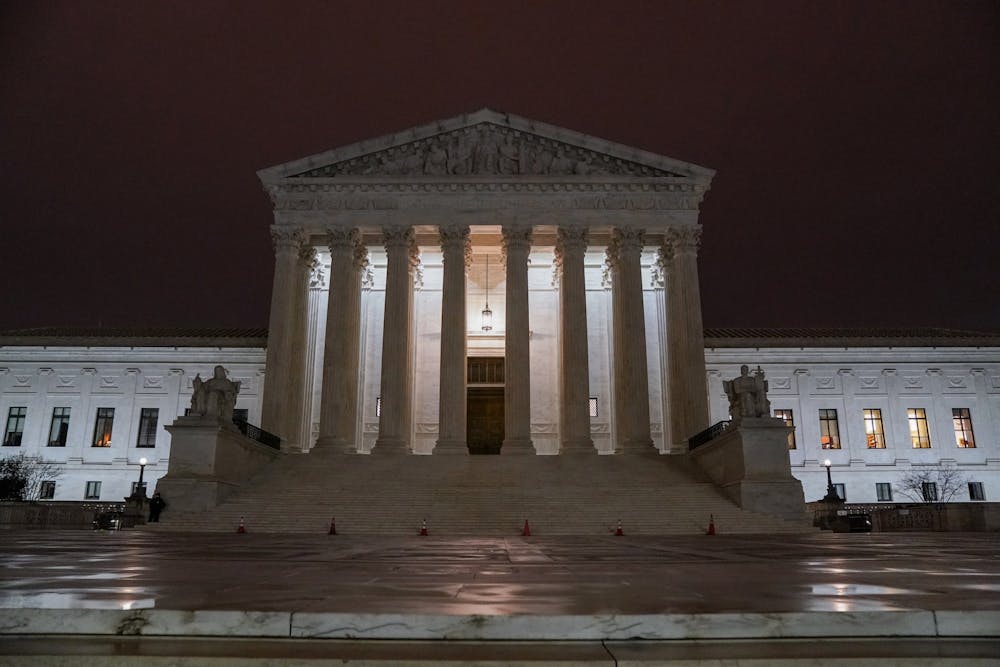The Supreme Court declined to take up a Republican challenge to Pennsylvania’s presidential election results on Monday, refusing to reverse a decision that extended the deadline for receiving mail-in ballots in Pennsylvania.
An October 2020 Supreme Court decision allowed Pennsylvania to accept mail-in ballots received up to three days after the election. In a challenge leading up to the election, the Supreme Court was deadlocked which allowed for an extension, The Washington Post reported
The case did not receive the four Supreme Court votes needed to be heard on Monday. Two of the justices that 1968 Wharton graduate Donald Trump appointed, Brett Kavanaugh and Amy Coney Barrett remained silent, The Washington Post reported. Three justices — Clarence Thomas, Samuel Alito Jr., and Neil Gorsuch — dissented from the majority’s opinion to not take up the challenge.
A Supreme Court decision would have addressed the question of whether state courts have the right to change voting procedures set by the legislature. The dissenting justices and Kavanaugh support the view that federal courts have a role in overseeing state court decisions, The Washington Post reported.
President Joe Biden won Pennsylvania by approximately 80,000 votes, but fewer than 10,000 votes are in question, The Washington Post reported. Even though the number of votes would not call into question Biden’s victory, the dissenting justices saw this case as an opportunity to provide precedent for changing voting procedures.
“A decision in these cases would not have any implications regarding the 2020 election,” Alito wrote in the dissent. “But a decision would provide invaluable guidance for future elections.”
Republicans in multiple states previously sued prior to the election over extended mail-in deadlines.









